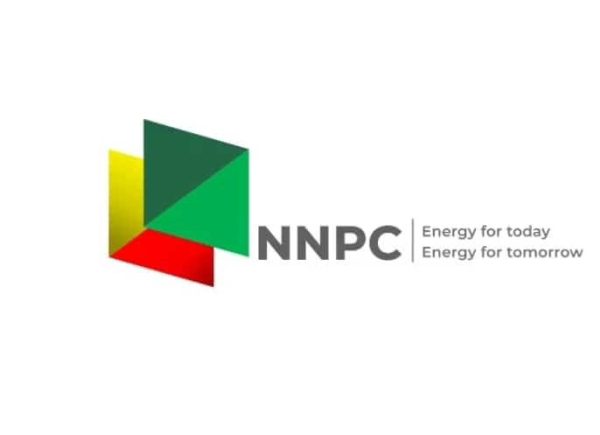The Nigerian National Petroleum Company Limited (NNPCL) has been flagged by the Office of the Auditor-General for the Federation for significant financial irregularities totaling N514 billion in its 2021 financial year operations. These irregularities represent a substantial breach of financial regulations and raise serious concerns about transparency and accountability within the national oil company. The auditor-general’s report details four major infractions, each contributing to this substantial sum and highlighting systemic weaknesses within the NNPCL’s internal control mechanisms. These findings come at a time when the Federal Government grappled with a N2 trillion revenue shortfall, further emphasizing the gravity of these financial discrepancies.
The first major irregularity involves the deduction of N343.64 billion from domestic crude oil sales, categorized as operational costs. The auditor-general’s report criticizes the lack of transparency surrounding these deductions, noting that NNPCL failed to provide a detailed breakdown of these costs. This lack of documentation makes it impossible to ascertain the legitimacy of these expenses, raising concerns about potential misappropriation of funds. Specifically, the audit revealed that N484.73 billion was generated from the sale of 18,966,095 barrels of crude oil between March and May 2021, but N343.64 billion was deducted for various costs, including value shortfall, strategic stock holding costs, pipeline losses, and maintenance. Furthermore, the audit highlighted an unremitted balance of N50 billion in May 2021, which remains unaccounted for.
Another significant issue highlighted in the report is the unauthorized deduction of N82.95 billion from federation revenue, purportedly for refinery rehabilitation. The auditor-general found no evidence of authorization or approval for these deductions, which were made from 2020 and 2021 records. This lack of proper documentation further underscores the weaknesses in NNPCL’s internal control system and raises questions about the actual utilization of these funds. The diversion of such a substantial amount without appropriate authorization raises concerns about potential misuse and the lack of oversight within the company.
The third infraction relates to a N3.75 billion shortfall from petrol sales. The audit report reveals that this amount was paid to an unnamed company, purportedly to cover a shortfall, but the details of the transaction were not provided for audit review. This lack of transparency, combined with the absence of supporting documentation, raises serious questions about the legitimacy of this payment and the potential for fraudulent activity. The report notes that while PPMC (a subsidiary of NNPC) advised marketers to pre-pay sales proceeds, the specifics of the N3.75 billion transaction remain unclear, hindering a proper audit assessment.
Finally, the auditor-general uncovered the warehousing of N83.66 billion in miscellaneous income from NNPC joint venture operations between 2016 and 2020. This income, which should have been remitted to the Federation Account, was instead deposited into a CBN/NNPC sinking fund account. The report highlights the negative impact of this action, noting that it forced the federation to resort to borrowing, further exacerbating the country’s financial challenges. The withholding of these funds not only deprived the government of crucial revenue but also contributed to increased debt burdens.
The auditor-general’s report paints a concerning picture of financial mismanagement and a lack of transparency within the NNPCL. The four major infractions identified, totaling N514 billion, represent a significant loss of potential revenue for the federation and highlight the urgent need for improved financial controls and oversight within the national oil company. The lack of documentation and justification provided by NNPCL for these transactions further underscores the need for a thorough investigation to determine the true nature and extent of these irregularities. The report recommends that the NNPCL Group Chief Executive Officer provide a detailed explanation to the Public Accounts Committees of the National Assembly or face sanctions for irregular payments and gross misconduct as stipulated in the Financial Regulations 2009.
The magnitude of these financial irregularities, coupled with the Federal Government’s substantial revenue shortfall, necessitates a decisive response. Addressing these issues requires not only a thorough investigation and recovery of misappropriated funds but also the implementation of robust internal control mechanisms within NNPCL to prevent future occurrences. The lack of transparency and accountability revealed in this report underscores the need for greater oversight and stricter enforcement of financial regulations within the oil and gas sector. The long-term stability and prosperity of Nigeria depend on ensuring that its vital resources are managed responsibly and transparently.


